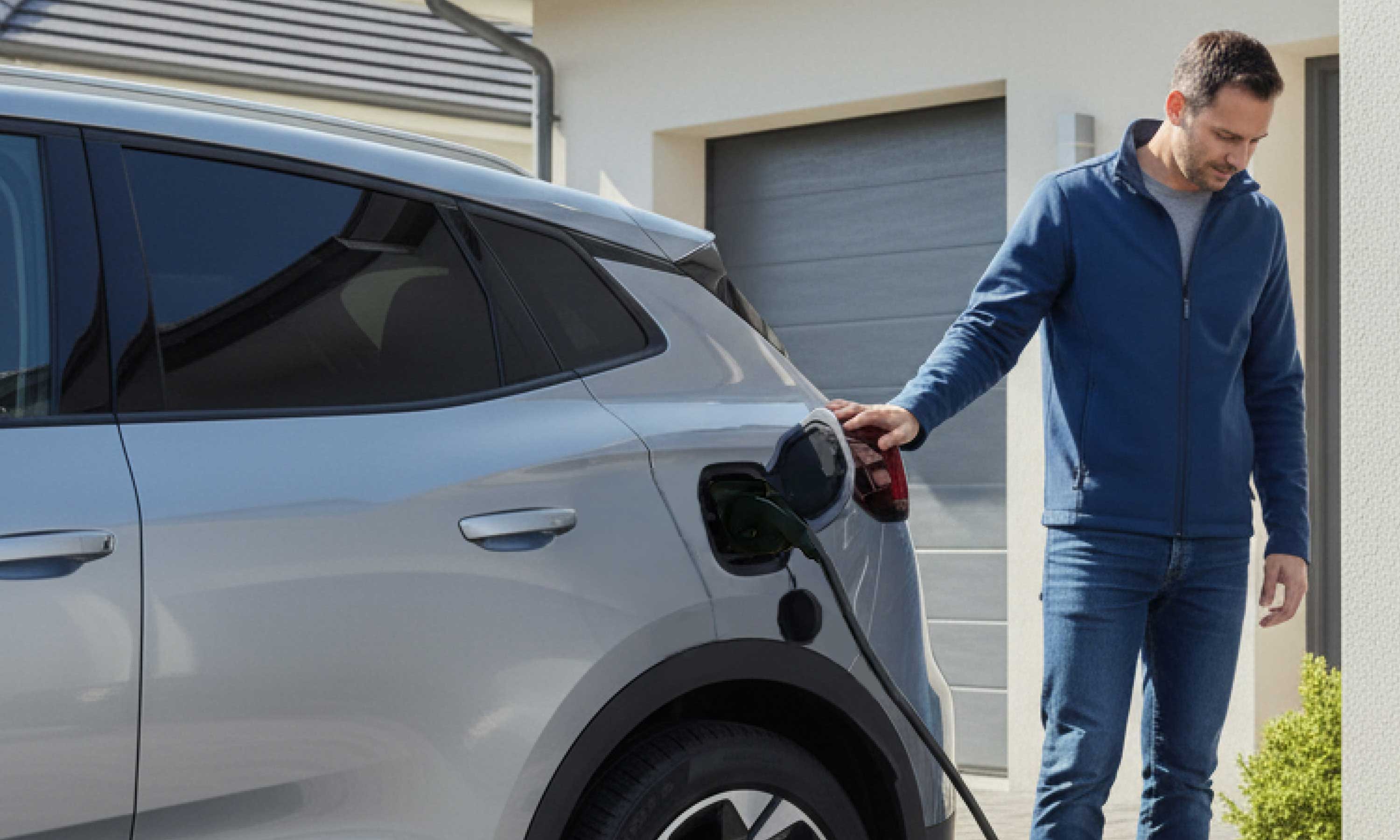Should you plug in your electric car as soon as you get home? Or should you wait until the battery is almost empty? In reality, there's no single rule. The ideal charging frequency depends on your usage, your vehicle's range, and even the season. This guide helps you adopt the right habits, at the right time, to maximize your battery life—and make electric mobility synonymous with efficiency and peace of mind.
Understanding your electric vehicle's charging needs
Before planning your charging schedule, it's essential to assess your vehicle's real-world daily needs. Three main factors come into play.
🛞 Battery life
Each electric car model has a different range, typically ranging from 100 km for small urban vehicles to over 600 km for the most efficient models. Knowing this data allows you to better estimate how often you need to recharge.
🚗 Your daily use
If you make short daily trips, as is often the case in cities (around 30 km per day), it is not necessary to charge every night. A charge every two or three days may be sufficient.
If you are driving long distances (holidays, weekends, business trips), a full charge at home before departure is recommended, in order to delay the use of fast charging when roaming.
🔋 Battery technology
The vast majority of electric cars today are equipped with lithium-ion batteries, which are sensitive to rapid charging and extreme temperatures. To maintain their efficiency, it is recommended to maintain a charge level between 20% and 80%, and to avoid systematically recharging to 100%, except before a long journey.
👉 To better manage your daily recharges, consider installing a home charging station, a simple and sustainable solution adapted to your lifestyle.
Should you recharge every day? Not necessarily!
Contrary to popular belief, charging your electric car every day isn't essential—and can even be detrimental to the battery in the long run. The key is to adjust your charging frequency to your actual usage.
🏡 For short daily trips
If you travel 20 to 40 km per day, your battery life may last several days without recharging, especially if your battery is well-sized. In this case, recharging every 2 or 3 days is more than enough, and you avoid unnecessary charging cycles.
🗺️ For long journeys
Before going on vacation or a long weekend, it's a good idea to fully charge your vehicle. This allows you to take full advantage of the available range and limits the need for rapid charging stations along the way.
Recharging to 100% every day: a false good idea
Charging daily to 100% may seem safe, but it accelerates the aging of lithium-ion cells, especially if the car is parked for a long time afterwards. It is therefore best to stay within the optimal charging range: between 20% and 80%, with some exceptions.
👉 Tip: Some smart charging stations allow you to program charging thresholds and remotely control the process to avoid unnecessary full charging.
The best time to recharge: choose off-peak hours
Beyond frequency, when you charge your electric vehicle can have a huge impact on your budget and battery life.
💸 Save money during off-peak hours
Many electricity providers offer different rates depending on the time of day. By charging your car during off-peak hours—often at night or early in the morning—you can significantly reduce your charging costs.
📅 Scheduling recharging, a smart reflex
Some connected charging stations allow you to:
- Set specific start/stop times,
- Set a load limit (e.g. 80%),
- Track your energy consumption in real time.
This helps you optimize your charging without spending time on it every day.
👌 Gentler battery management
Charging slowly and at a time when the battery is at room temperature (neither too hot nor too cold) extends its lifespan. Off-peak hours, often at night, generally coincide with ideal thermal conditions for gentle charging.
Fast charging: use in moderation ⚠️
On highways or long journeys, fast charging can be a valuable solution for recovering range in record time (30 to 60 minutes). However, it should not become a daily habit.
Lithium-ion batteries, which power most electric cars, don't like being put under sudden strain. Rapid charging causes the battery to heat up, which can:
- Accelerate cell aging,
- Gradually reduce the load capacity,
- Reduce long-term autonomy.
It's therefore best to reserve fast charging for exceptional journeys. For everyday use, opt for slow charging via a domestic charging station or a standard public charging station, which is gentler on the battery and more economical.
In winter or in extreme heat: adapt your habits ❄️☀️
Extreme weather conditions directly impact the performance of your electric vehicle's battery. Properly managing charging according to the weather helps preserve your battery's range and lifespan.
In case of strong heat, it is recommended:
- Allow the vehicle to cool before recharging,
- To park in the shade or in a garage,
- Avoid rapid recharges which increase overheating.
In cold weather, range may be reduced, particularly due to heating and preheating the battery. To avoid over-charging the battery during startup:
- Plug in the car before leaving,
- Use preheating while the vehicle is still connected to the terminal.




Infos au top 👍
Bonjour, et les batteries L F P ?. Mercis
Leave a comment